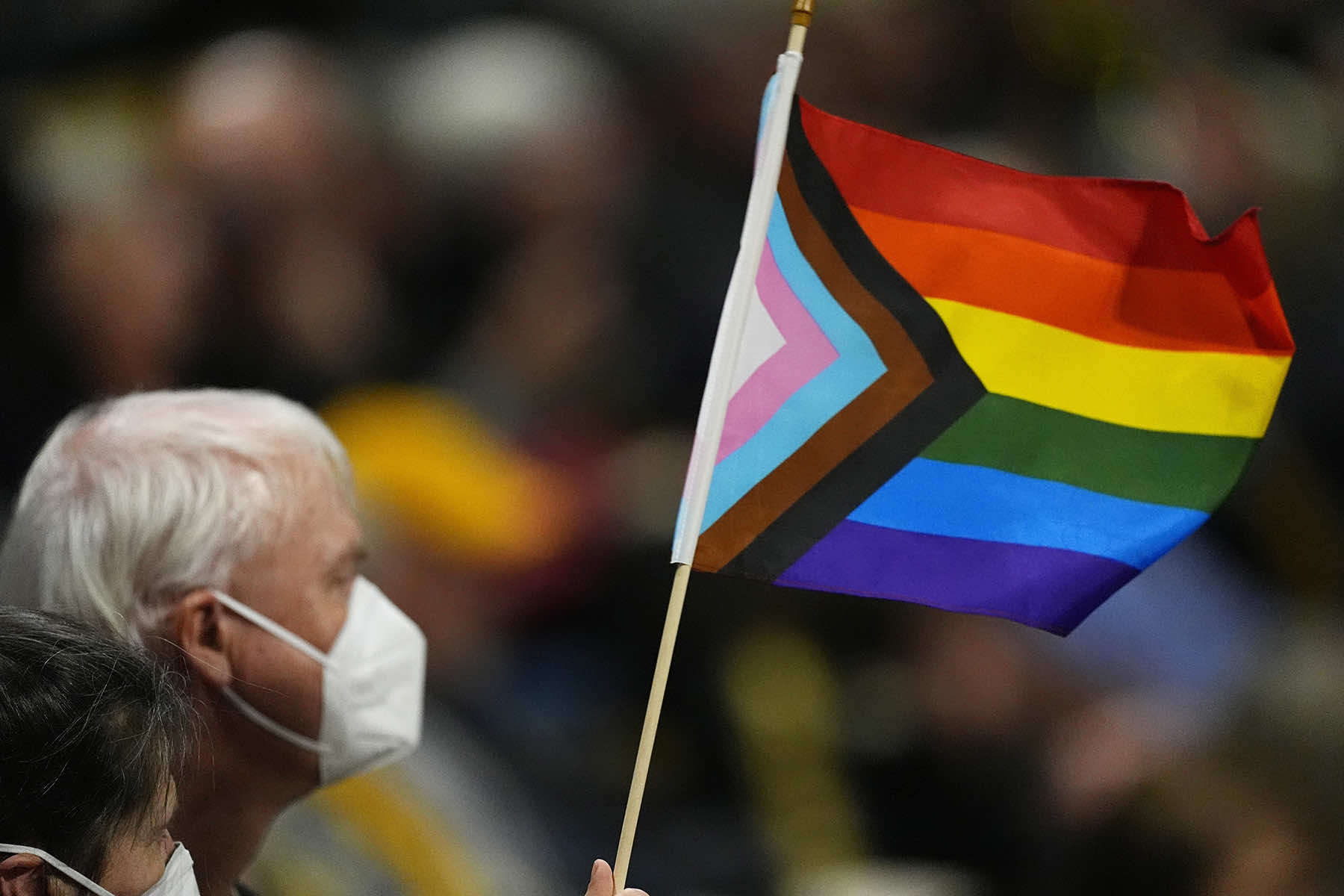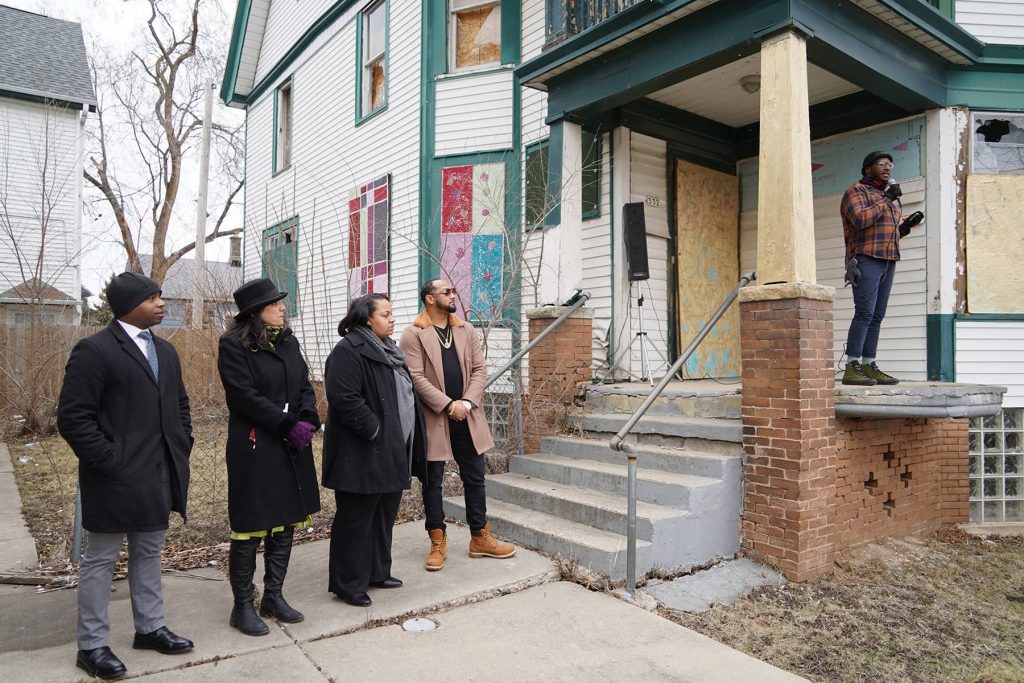
The U.S. Census Bureau is thinking about how to ask about sex. People have opinions.
Dozens of health officials, civil rights groups, individuals, and businesses have weighed in about how the statistical agency should ask about sexual orientation and gender identity for the first time on its most comprehensive survey of American life.
A review of the 91 written public comments posted in January shows them to be largely supportive of the proposed additions, though not without constructive criticism.
The proposed questions geared toward people age 15 and older will be tested sometime this year. If given final approval, they would be the first to directly ask about these topics on the American Community Survey, which already asks about commuting times, internet access, family life, income, education levels, disabilities, and military service, for example.
Many who submitted public comments said the proposed questions will provide a better understanding of the diversity of LGBTQ+ people in the United States at a time when state legislatures are limiting what can be discussed about LGBTQ issues in public schools and are moving to restrict the ability of transgender people to change their driver’s licenses and birth certificates.
“The currently too-limited data resources stand in stark contrast to the numerous policy debates and legislative efforts focused on these populations,” said Gary Gates, a retired demographer who studied LGBTQ+ issues at UCLA.
Gates, however, objected to wording that would allow someone to answer, “Straight, that is not gay” for the sexual orientation question.
“The phrase is patently offensive,” Gates wrote. “Not being gay is hardly an accurate definition of a straight identity. … Why emphasize that they specifically are not gay? It is simply not an adequate description of straight identity.”
The questions should reflect the constantly changing language describing sexual orientation and gender identity particularly among young people, and some non-English speakers may not understand terms like “heterosexual,” said David Ernesto Munar, president and CEO of Howard Brown Health, which provides health care services to the LGBTQ community in Chicago.
Others lamented the lack of categories for people with intersex traits or who are asexual or pansexual. Intersex is an umbrella term for a number of conditions where internal or external sex characteristics aren’t exactly like typical male or female bodies. Asexual people don’t experience sexual feelings, while pansexual people are attracted to people regardless of gender.
Rene Coig objected to respondents being asked their sex at birth and then being asked their current gender. Asking to respond to the first question as “male” or “female” is alienating to transgender people who may not want to be identified with those labels, said Coig, a doctoral candidate at the University of Washington.
Others were disheartened by transgender being separated out as a category from male, female and nonbinary in the gender question instead of including the options of transgender man and transgender woman.
“It may imply that they are not ‘male enough’ or ‘female enough’ to select the male and female categories and are instead a third category of ‘transgender’ that is distinct from the male and female categories,” said Amy Leite Bennett, an official with Hennepin County Health and Human Services in Minneapolis.
The current questions on the American Community Survey only record same-sex couples who are living together, through queries about household relationships, which is only about a sixth of the LGBTQ+ population in the U.S., according to some estimates. As a result, the survey misses people who are single or are not cohabitating, as well as transgender people.
The only other census survey that asks about sexual orientation and gender identity is the more limited, experimental Household Pulse Survey, which was created to measure changes during the COVID-19 pandemic.
People who fill out the American Community Survey form typically answer the questions for the other members of their household in what is called a proxy response. Because of that, several public comments expressed concerns that parents would not know if their children identify as LGBTQ+.
Respondents can answer the questions online, by mail, over the phone or through in-person interviews. Given privacy concerns, the Census Bureau is proposing using flash cards for in-person interviews and using numbered response categories for people who do not want others in their household to know their responses.
Several Republicans in the U.S. Senate have objected to some of the proposed questions. In a letter last November, Senators Marco Rubio of Florida and JD Vance of Ohio asked Census Bureau Director Robert Santos to drop plans to ask about gender identity, saying it would politicize the survey and risk jeopardizing the legitimacy of its data.
The Rutherford Institute, a conservative civil liberties legal group, said in public comments that the proposed questions would violate people’s right to privacy, adding that “many people are incredibly uncomfortable providing such detailed private information.”















